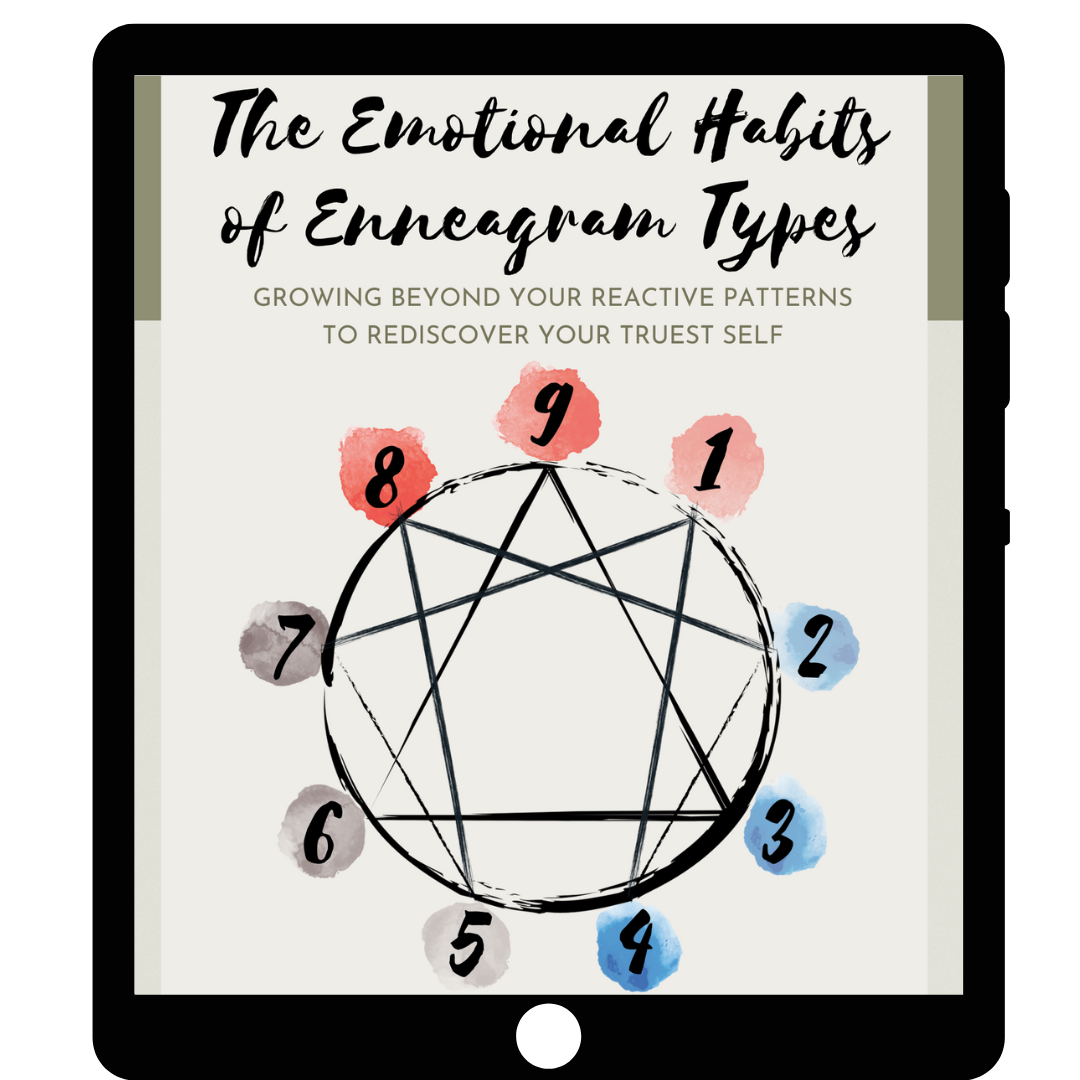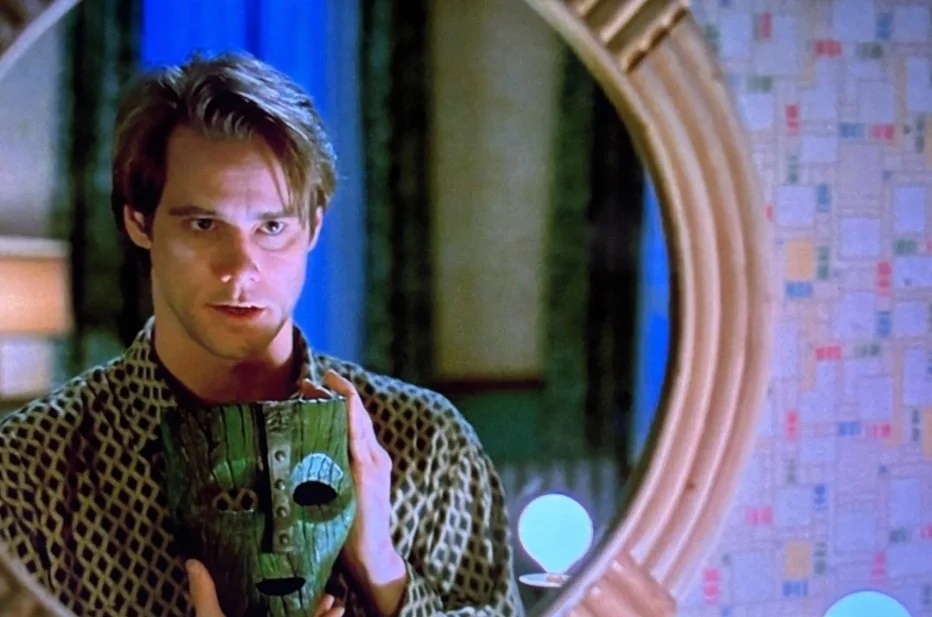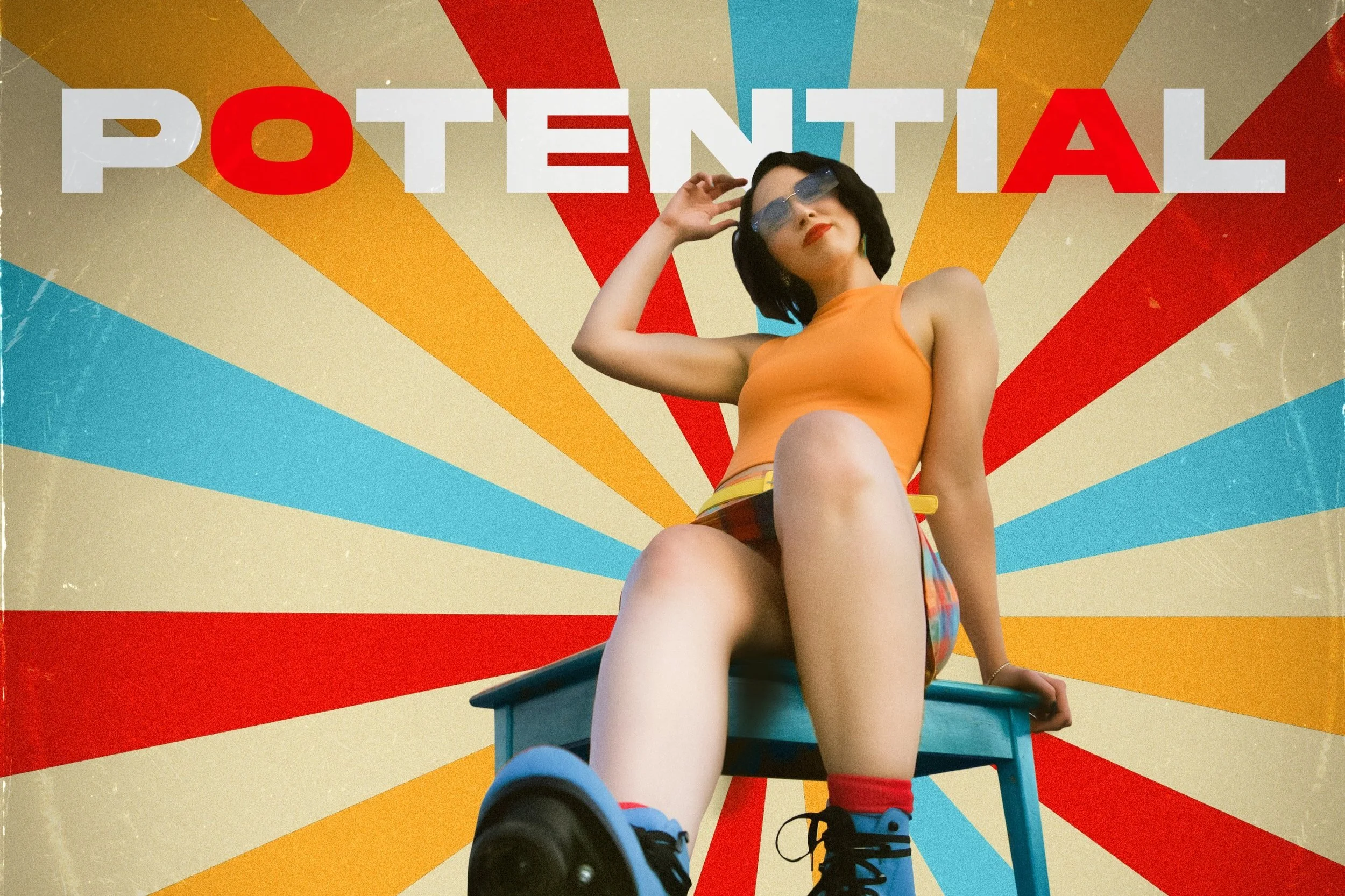What's an instinct?
*This post is more intermediate-level content. If you’re new to the Enneagram, start here.
All living beings (yes, including mammals & lizards) have three gut-based instincts that (supposedly) help with survival. These instincts hang out in our lizard brain, the part that controls all automated/involuntary experiences (e.g., heart rate, body temp, pupil dilation, etc.).
There's way too much info for our brains to handle (especially when we're kids), so our brain simplifies the process by focusing in on certain themes or details (informed by our dominant instinct) and ignoring the rest (what goes with our repressed instinct).
Our dominant instinct is much like a barrel of a cannon (the HOW), directing the "firepower" of our Type (the WHY) in three specific arenas/themes:
Self-preservation (SP)
main focus on the concrete & practical, one's own personal experience (internal)
themes of control, predictability, safety, security, rhythm, routine, structure
energy: withdrawn, constricted, guarded, quiet
Social (SO)
main focus on one's position vis-a-vis the group/collective (who's in/out, top/bottom, who has or lacks power, influence, status, prestige)
themes of responsibility, roles, politics, strategy, power, influence, status
energy: outward, strategic, calculated - depends on the group culture
Sexual (SX) - aka "Intimate" or "1:1"
main focus on one's status or closeness chosen individuals (attachment figures - parents, partners, kids, best friend, or who's right in front at the moment)
themes of attention, intensity, extremity (biggest, brightest, best, prettiest, strongest, closest), competition, rivalry, conquering
energy: selectively outward, vivacious, expansive, boundary-breaching, creative, spontaneous
What's a dominant instinct?
This is the instinct that shows up without the person even trying to do so. Someone who's sexual dominant (compared to the other instincts) tends to have a much easier time being spontaneous and wild than the other two instincts.
Though the dominant instinct HELPED a person navigate difficult times before (e.g., when the person's a powerless, resourceless child), at a certain point, this very thing is what starts CREATING problems (because that's what it knows how to "solve").
In personal growth using the Enneagram, we are to find out our dominant instincts and REIN IT IN so that we can give a chance for other instincts to show up. Otherwise, it'll be like seeing everything as a nail just because we're only holding a hammer.
Put down the hammer so that you can use other tools that might be more helpful in a given moment.
What's a repressed instinct?
This is the instinct that DOESN'T show up as easily as the others; moreover, the person might have completely locked it up and/or forgotten about it.
Whereas the dominant instinct is the one that shows up MORE THAN IT'S SUPPOSED TO, the repressed instinct is one that DOESN'T SHOW UP AS MUCH AS IT NEEDS TO.
This is like trying to build a shelf with a hammer without even knowing that screwdrivers exist. When someone's invested so much energy and prided themselves in being a hammer-wielder, the idea of (1) putting down the hammer and (2) picking up a screwdriver might feel offensive.
When we get in touch with our repressed instincts (which is vital to our wholeness), our initial reaction might be disgust, horror, or shame. This doesn't mean the repressed instinct is bad, but that we need to heal our relationship with this instinct SO THAT we welcome it back into the team.
What's a subtype?
One's Enneagram subtype is when you combine the type (e.g., Type 5) with the dominant instinct (e.g., Social). The end result (e.g., Social 5) is a specific way the type shows up.
With respect to the other subtypes (e.g., Self-pres or Sexual 5), this subtype has additional relevant themes according to the dominant instinct. (A Social 5 is a Type 5 who is more conscientious about one's position with respect to the group than the other two 5s might).
Our Type: the WHY we do what we do
(ex: Fours make themselves unique/different because it's how they feel like they leave their mark on this planet -- otherwise it was like they were never here)
Our Subtype: the HOW we do the WHY
(ex: Social Fours become like the tragic artist, Sexual Fours distinguish themselves for their fiery authenticity and giftings, and Self-pres Fours get a shit ton of things done)
Because there are 9 types and 3 versions per type, there are 27 subtypes. This is partially why there can be such variety even among those of the same type.
Why is subtype important?
We can't change what we don't know is happening. If we were to use the Enneagram for personal growth, and if our types are autopilots that try to remain invisible as much as possible, knowing our subtypes helps us re-see the invisible and loosen its hold on us.
Furthermore, sometimes people have a difficult time finding out what type they are because they're what's called a countertype. Countertypes show up very differently than what we would expect (like 1 + 2 = 6).
Each of the 9 types have a countertype. I happen to be one - as a Self-preservation 4, I'm a Four on the inside but show up like basically any other type on the outside (it depends on my mood).
Because the countertype's patterns go the OPPOSITE direction as the other two, the growth path is also the opposite. (ex. Self-pres Fours need to be MORE emotionally expressive, whereas Social and Sexual Fours need to be LESS.)
(I'll write something else about the 27 subtypes later - for now, check out this podcast episode by my Enneagram teachers.)
Why is the Enneagram important?
If you take away ANYTHING, I hope it's knowing your own autopilot that used to help before, but now keep you trapped in pain.
The Enneagram types & subtypes can expedite that process at warp speed because it gets to the heart of the matter with so much accuracy - as if someone read your journal entry.
What are your Enneagram type's emotional habits?
Grab this free guide that shows you how to grow beyond the patterns that keep you stuck!
Don't know your Enneagram type?
Find yours here!
© Copyright 2023 Joanne B. Kim. All rights reserved.
JOANNE B. KIM, LMFT
Joanne is a Licensed Marriage & Family Therapist and Certified Brainspotting Practitioner in San Jose, CA. She helps people EXHAUSTED by anxiety, shame, and an allergic reaction to anger create VIBRANT relationships where they matter, too.
Many of her clients are:
(1) the highly responsible, conscientious, and empathic types
(2) Enneagram Type Ones, Twos, Fours, or Nines
(3) Highly Sensitive Persons (HSPs)
The most common words spoken by those who’ve sat with Joanne:
“I thought it was just me. I’m NOT crazy!”
“I can finally figure out what to do with all these feelings!”








































In a conversation with Catherine Quiring of the Coming Home to Ourselves Substack, we explore the Enneagram through the lens of the show Ted Lasso, going into the importance of emotional intelligence, the role of instincts & subtypes in the Enneagram, and how these concepts can help individuals navigate their personal growth and relationships.